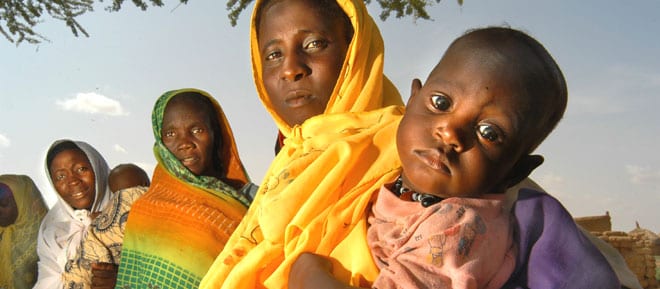This opinion piece by Oxfam New Zealand Executive Director Rachael Le Mesurier was published in The Christchurch Press.
OPINION: The Panama Papers leak blew the lid on worldwide tax avoidance. Many of the wealthiest companies and people have been systematically avoiding the taxes that the rest of us pay, and heads are starting to roll. But while the attention is focused on those who haven’t paid their taxes fairly – even if it has been legal – we’re missing the real scandal.
The names of Mossack Fonseca clients are in the news. The names of those most harmed by tax avoidance are not.
We live in a world where 57 million children are deprived of an education, Pacific Islanders have nowhere safe to shelter from the next extreme tropical cyclone, and one in every three of us doesn’t have a toilet – forcing those in poverty to see their loved ones die from something as easy to prevent as diarrhoea. A single lost life would be an outrage. But 2.2 million people dying globally from gastrointestinal infections each and every year is unconscionable.
As long as tax avoidance continues to drain government coffers the world over, there is a human cost. What pays for vital public services like hospitals, schools, water, and sewerage? Taxes. While New Zealand could clearly use the additional revenue we’re missing out on, it is the poorest countries that suffer the worst. Every year, they lose approximately US$170 billion from the often legal, but definitely unfair, use of offshore tax havens. Without that money, it’s impossible for developing countries to provide the basics many of us take for granted.
Malawi is a case in point. Despite rapid economic growth in recent years, the gap between rich and poor has widened at an alarming pace. Half of all Malawians live in poverty and the health system is chronically underfunded. With only three nurses for every 10,000 people, service is poor and waits are painfully long.
Action Aid found that just one Australian mining company – Paladin – cut US$43 million from its tax bill in Malawi through the use of tax havens. This money could have paid for 17,000 more nurses.
Looking wider, Oxfam’s research found that almost a third of rich Africans’ wealth is held offshore in tax havens. It is estimated that this costs African countries US$14 billion a year in lost tax revenue, which is enough to pay for healthcare that could save the lives of 4 million children and employ enough teachers to get every African child into school. These are not hypotheticals, or nice-to-haves, these are the realities of allowing tax avoidance to continue.
What’s the solution? Firstly, it’s time for the formation of an inclusive global tax body. This organisation would not only be responsible for standard setting, but must promote tax cooperation. To date, tax reform efforts have been driven by the OECD, but these 34 countries can’t simply set the rules and expect everyone else to agree. Developing countries have to have a seat at the table. They are the ones who are disproportionately affected.
Next is the establishment of public registers of the beneficial owners of all companies, foundations and trusts. Governments need to know who really owns and benefits from them in order to tax them accordingly. The New Zealand Government’s foreign trust review is a small start.
Finally, we must have transparency about where companies really make their profits and where they are paying their taxes. This would enable countries to fairly tax multinationals where their profits are. In tax jargon this is called country-by-country reporting, which would require multinational companies to publish their revenue and profits. It’s crucial that the information is public. If not, we as consumers and our governments won’t be able to hold multinationals to account for their tax practices – and developing countries won’t be able to scrutinise the global tax arrangements of companies operating in their territory.
In the Panama Papers fallout, a few figureheads will be sacrificed for dodgy financial dealings that are illegal, or at least immoral. But we can’t miss this opportunity for global, coordinated action to end tax havens. For decades, governments have said that they can’t solve this problem on their own, which was true. However in just the past year we’ve seen unprecedented global collaboration, with all countries committing to the new UN Sustainable Development Goals, followed up by the Paris Agreement on climate change.
Tax havens also demand a coordinated solution. We mustn’t let this moment slip through our fingers, while the Mossack Fonsecas of the world slip back into the shadows and continue their probably illegal, but definitely unfair, “services”.
Rachael Le Mesurier is the executive director of Oxfam New Zealand.






